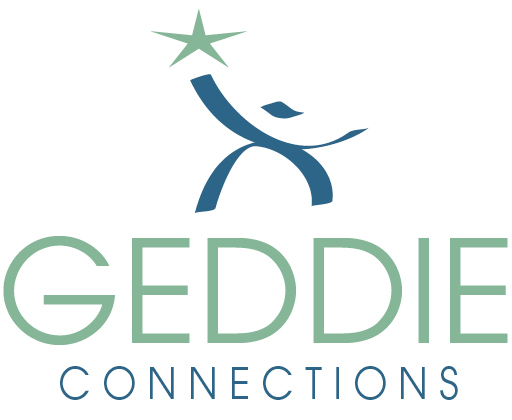By Edward H. Garcia
I’ve recently turned 70, so naturally I’m concerned with memory problems. I find that names and abstract nouns have started dropping out of my brain at an alarming rate. I am telling my wife about the pilot for a tv show I’ve seen. I want to tell her the name of its star, but the name is nowhere to be found. I know just what she looks like, I remember that she was in a well-received television show as a teenager, I know she played Temple Grandin on HBO, I remember she played Sarah Jessica Parker’s sister in “The Family Stone.” But I can’t remember her name. I can’t even get a whiff of it. The disappearing name was a characteristic of many of my conversations with my 92 year old mother. Sometimes we just gave up trying to discuss a movie starring a dozen people whose names we couldn’t remember who were also in other movies whose names we couldn’t remember.
Recently, however, I have had reason to be more optimistic about my mind. Maybe it’s not just me; maybe it’s us. Increasingly, I see people have conversations which their smart phones are an essential part of. Even though they’re much younger than I am, they can’t remember Claire Danes either, unless they turn to their phones. They can ask their phones, “Who played Temple Grandin?” and Siri supplies the answer. Then the human conversation can proceed. The phone, the computer, the Internet are like the smart friend we used to have who knew everything and remembered for us.
When my father was well into his seventies, he was able to recite poems he had memorized in high school. Once when I was in college and having girl friend problems, in a letter my father quoted from memory a 17th Century poem which had a refrain that went, “If she be not fair to me, what care I how fair she be?” I know he didn’t have the poem in front of him and, of course, there was no Internet; it was just there, floating around in his memory. I have a few lines of poetry from high school in my memory, certainly not whole poems. That reminds me of a line from “Laugh In”: “I used to know all that stuff.”
There was a time when I knew people’s phone numbers. Now I remember my childhood phone number (now disconnected), my old home phone number in Dallas (now disconnected), my present home phone number, and my cell phone number. That’s it. The rest my phones know and my ipod. I remember hearing that there was a group of illiterate Yugoslavians who had memorized epic poems, thousands of lines long. When any of the group learned to read and write, he would start to forget the poems he had memorized. He didn’t need to memorize them anymore; he could read them. I think the same thing is happening to Twenty-first Century man. We don’t have to remember things because our machines do, and so we don’t. It’s not immediate and it’s not complete, but little by little it’s happening.
This is not necessarily a bad thing. We can only imagine what we will do with the parts of our brains no longer required for feats of memory. (Some of that capacity will no doubt be devoted to learning how to work our remotes.) But like it or not, I’m afraid it’s inevitable. Someday in the future, I hope after I am dead and gone, we will tune in to see “Jeopardy” played by three players holding their smart phones in front of them and amazing us with how quickly they can find the answers on the Internet.

